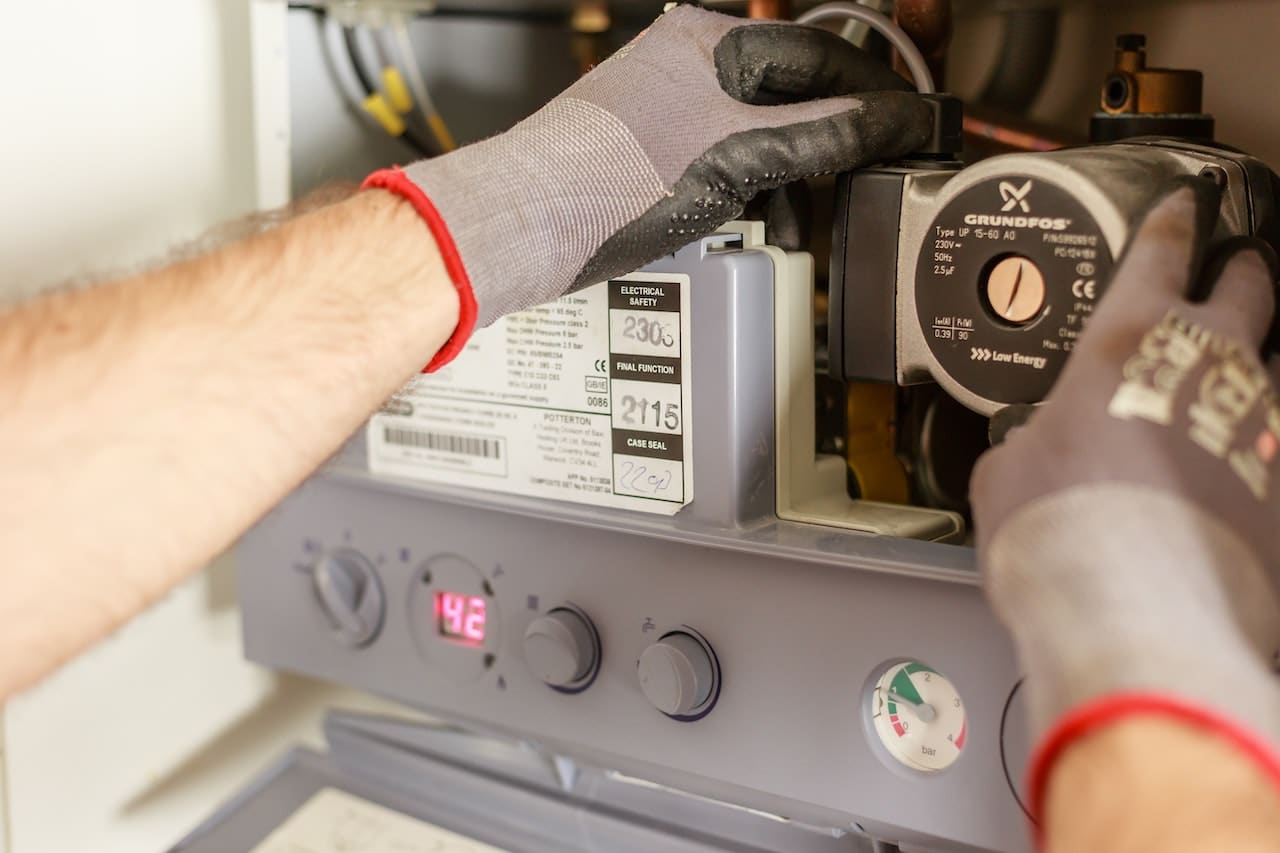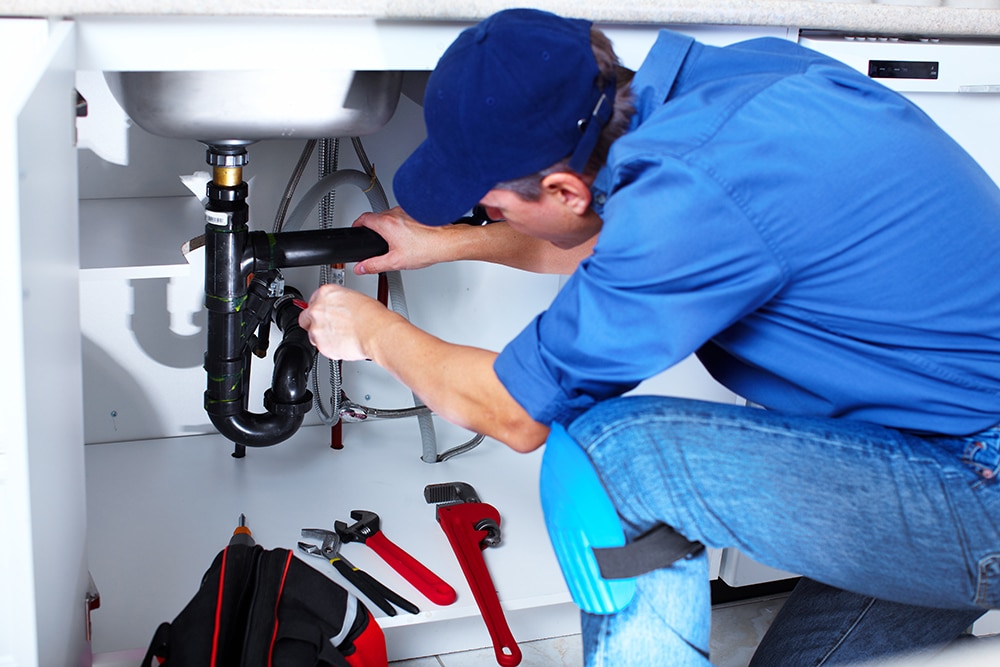Pipes are bound to clog at some point, and they can catch you by surprise if you are not prepared for them. However, there are some warning signs that can help you determine if a clog is on its way. Best Plumbing, a local Seattle plumbing service, offers tips on how to spot a clog before it happens.
Recurring blockages
If you notice recurring clogs in your drain, you need to investigate the problem. These clogs may indicate a deeper problem with your plumbing system. The first step is to determine the source of the clog. There are a number of potential problems that could be causing your drain to clog.
One of the first signs of a clog is a slow drain. This is usually caused by tree roots growing in the drain. These roots can sometimes break the pipe, so it’s important to remove them before they grow back. Once the roots have been removed, call a plumber to check the level of sludge. A plumber will also determine if your septic tank needs to be pumped.
Another sign of a clogged drain is a recurring backup of sewage in the sewer. This is a major problem that may require emergency plumbing services. The wastewater may have nowhere to go except back up into floor drains and fixtures, and this is a serious health risk. If this is the case, you should immediately stop using any plumbing system in your home until the sewer line clog is removed.
Bad odors
Bad odors coming from your drain can be a sign of a clog. The smell could be coming from bacteria, a clog, or sewer gas. Regardless of the cause, you need to investigate it to determine the best course of action. Some problems can be solved easily, and others may require the help of a plumber.
Another cause of foul odors coming from your drain is biofilm buildup. Biofilm is an accumulation of food particles that can build up in your drain. You can check for it easily by removing the stopper and looking for black gunk. If you find any, clean the pipes thoroughly. This will eliminate the bacteria that’s causing the smell.
Gurgling drains
If you hear gurgling noises coming from your drain, you should consider hiring a plumber to come and take a look. This noise is not normal and indicates that your drain is clogged. The longer it persists, the worse it will become. A plumber can quickly diagnose the issue and resolve it.
If the sound is coming from your sink or toilet, it is most likely that the drain has partially blocked. This is more manageable than the larger problem of a clogged main drain. Bathroom blockages are usually caused by food residue and hair. Toilet paper and feminine hygiene products are also common culprits. In case of a clogged main drain line, tree roots, rust, or even a partial blockage can cause the gurgling sound.
Another sign that your sewer line is clogged is sewage backup. A clogged main line will make gurgling noises, and water may start to come up from the drain. If this is happening in just one area of your house, you may have an isolated sewage backup in the area. For example, if your toilet is clogged but it does not back up into your kitchen sink or basement drain, it is likely a problem with your main sewage line.
Fruit and drain flies
The presence of drain flies and fruit flies in your kitchen or bathroom is a good sign your drain may be clogged. Drain flies breed in clogged pipes and feed on rotting organic matter. The flies are often bothersome, especially if they can be found in your bathroom or kitchen sink. This problem can lead to damage to your home and even infections in you and your family.
Drain flies have a short life span. They live for less than a day and can lay up to 300 eggs in a single day. After hatching, the eggs can grow into larvae and lay hundreds of eggs. Depending on the environment, drain flies can live for a week or two after hatching. However, if your drain flies are visible longer than a week, they may be signs that your drain is clogging soon.
Slow-to-drain toilets
If you’ve noticed that your toilet is taking longer than usual to drain, it’s an early warning sign that your drain may be clogged. Oftentimes, the culprit is a clogged main sewer line. When this occurs, water can back up into multiple drains, including your toilet. Additionally, your tub and shower may no longer have the same pressure and may spray water that is discolored. In these situations, the water may also drip out of the showerhead or make gurgling sounds.
If your toilet is slow to drain, you should have it inspected by a plumbing professional. The toilet may be clogged because of mineral deposits that have built up in the toilet bowl. However, other problems can also cause the toilet to stop draining completely. Some of these issues can be handled yourself, but sometimes the problem may be too big for you to handle yourself. In these cases, it’s best to call a plumber to get it fixed.


